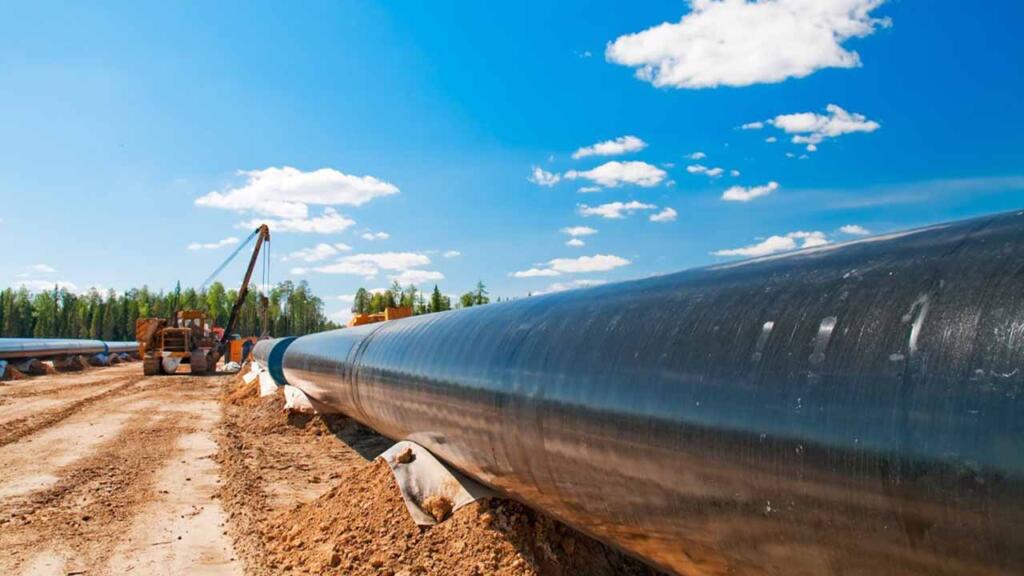- Web
- Feb 05, 2026
Textile sector warns of crisis as govt redefines gas supply priorities
-

- Web Desk
- Sep 28, 2024

KARACHI: The government has revised its gas supply priority order, placing domestic and commercial consumers at the top, while industries have been relegated to the last priority.
According to Express News, the Federal Ministry of Energy and Petroleum Division has amended the preferential order, designating captive power units as the lowest priority for gas supply.
According to the notification issued in this regard, industries, including the CNG and cement sectors, have been assigned third and final priority.
Consequently, during periods of gas shortages, particularly in winter, domestic and commercial users, special commercial entities, and processing industries will receive first priority, followed by fertiliser factories and the power sector, with captive power and the cement and CNG sectors receiving the last priority.
The textile industry has expressed grave concerns about this amendment, calling it a threat to the survival of the industry and appealing to the Special Investment Facilitation Council (SIFC) for intervention.
Sources within the textile sector warn that this move will exacerbate the existing crisis, further endangering the industry’s survival and adversely affecting exports.
The textile industry, which contributes 60 per cent to the country’s exports, is reportedly facing a precarious situation due to rising production costs, energy shortages, and pressures from the global market.
Textile exporters have cautioned that a 30 per cent increase in production costs coupled with a 20 per cent decrease in exports puts the industry on the brink of collapse. Additionally, payments of approximately 100 billion rupees in pending refunds remain unresolved.
The industry has urged the SIFC to expedite the provision of energy subsidies (ranging from $6-7 per MMBtu for gas and 5-6 rupees per unit for electricity), financial relief (settlement of pending refunds, reduction in customs duties, and sales tax exemptions on raw materials), and infrastructure support (upgraded textile parks, testing laboratories, and logistics) to maintain Pakistan’s share in the international market.
The textile sector has demanded immediate action to safeguard this vital industry and millions of jobs. Proposed measures include reducing energy prices, ensuring gas availability for captive power, providing interest-free loans for renewable energy, facilitating technology transfer, developing skills, and improving market access, all aimed at ensuring economic stability and growth for Pakistan.
Read next: Govt may keep petrol price unchanged next fortnight, small drop expected for diesel




